This is an automatically translated article.
The World Health Organization has provided advice for people to protect themselves and their families against the 2019 novel coronavirus. However, there are still misconceptions about virus prevention.
You can refer to parts of the document including:
[Q&A about the 2019 Corona virus epidemic] Part 1: Origin and mode of infection [Q&A about the 2019 Corona virus epidemic] Part 2: How to protect yourself against disease? [Q & A about the 2019 Corona virus epidemic] Part 3: When to get tested? Instructions for taking care of people suspected of being infected with 2019 nCoV at home Q - Answers about the 2019 Corona virus epidemic] Part 4: How is 2019-nCoV spread? Is it possible to get it from animals or pets? [Q&A about the 2019 Corona virus] Part 5: Should you change your travel plans during the epidemic season?
1. Are hand dryers effective in killing the new corona virus?
The answer given is NO. Hand dryers are not effective in killing Covid-19. To protect themselves from the new corona virus, people should regularly clean their hands by scrubbing them with an alcohol-based hand sanitizer or properly washing their hands with soap and water. Once your hands have been cleaned, the final step to completing the germ-killing hand wash is to dry your hands using a paper towel or warm air dryer.
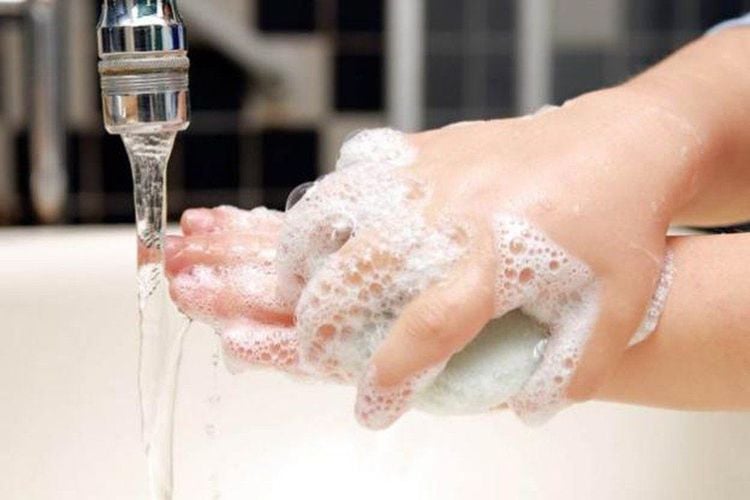
Rửa tay bằng xà phòng và nước đúng cách giúp phòng dịch
2. Can ultraviolet (UV) sterilization lamps kill the new coronavirus?
UV lamp should not be used to sterilize hands or any other skin areas of the body as it may cause allergies or skin irritations
3. How effective are body temperature scanners in detecting people infected with the new coronavirus?
Body temperature scanners are effective in detecting people who have a fever (i.e. have a higher than normal body temperature) due to infection with the new coronavirus. However, they cannot detect people who are infected but do not have a fever. Because it takes 2 to 10 days for carriers to start showing symptoms and develop a fever.
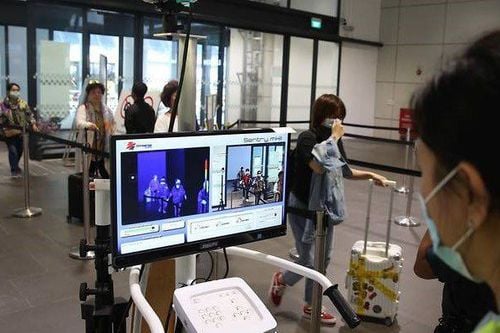
Hình ảnh máy quét thân nhiệt tại sân bay
4. Is it possible to spray alcohol or chlorine all over the body to kill the new corona virus?
The answer is NO. Spraying alcohol or chlorine solution all over the body will not kill the virus that has entered the body. Spraying of such substances may damage clothing or mucous membranes (i.e. eyes, mouth). Please note that both alcohol and chlorine solutions can be useful for disinfecting surfaces, but they should be used according to appropriate recommendations.
5. Is it safe to receive mail or parcels from China?
If you receive a letter or parcel from China, you can still receive your items normally because these items are safe. People who receive packages from China are not at risk of contracting the new corona virus. From previous studies, we know coronaviruses don't last long on objects, such as letters or parcels.
View the full version of advice Strengthening resistance in the heart of the new Corona virus (2019-nCoV) epidemic
Livestream: Strengthening resistance in the center of the new Corona virus (2019-nCoV) epidemic
6. Can pets transmit the new corona virus (Covid-19)?
Currently, there is no evidence that animals/pets such as dogs or cats can be infected with the new corona virus. However, wash your hands often with soap and water after handling pets. This protects you against various common bacteria such as E.coli and Salmonella, which can be transmitted between pets and people.
7. Do current vaccines against pneumonia help protect you against the new corona virus?
Currently vaccines against pneumonia such as pneumococcal vaccine and Haemophilus influenza type B (Hib) vaccine cannot protect against the new corona virus. Scientists around the world are urgently researching and developing a vaccine that can prevent this virus.
This virus is so new and different that it needs a specific vaccine. Researchers are trying to develop a vaccine against Covid-19 and WHO is supporting their efforts.
Although these current pneumonia vaccines are not effective against Covid-19, vaccines against respiratory diseases are highly recommended to protect your health.
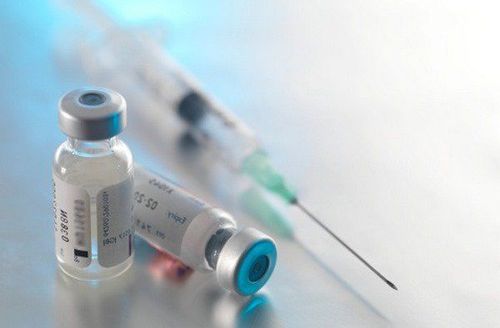
Hiện chưa có vắc-xin phòng bệnh viêm phổi do virus corona Coivd-19
8. Regularly rinsing your nose with saline helps prevent new corona virus infection?
There is no evidence that regularly rinsing the nose with saline prevents infection with the new corona virus.
There is some evidence that regularly rinsing your nose with saline can help you recover more quickly from the common cold. However, regularly rinsing the nose has not been shown to prevent respiratory infections.
9. Can mouthwash protect you from getting the new corona virus?
There is no evidence that using mouthwash will protect you from getting the new corona virus.
Certain brands or mouthwashes can remove certain bacteria from your mouth in just a few minutes. However, this does not mean that they protect you from Covid-19 infection.
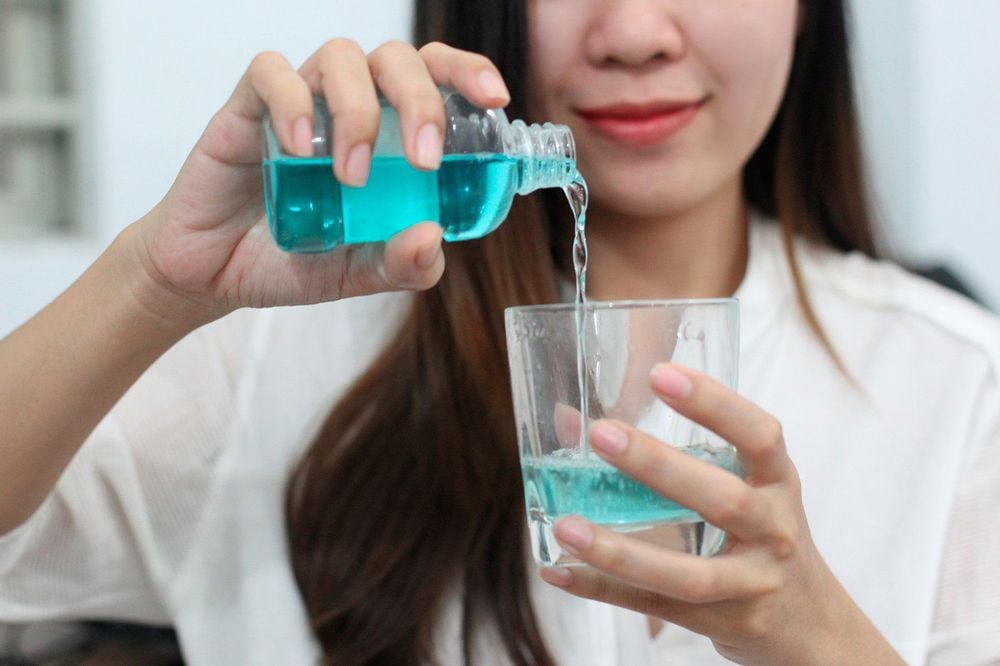
Nước súc miệng giúp loại bỏ một số loại vi khuẩn trong khoang miệng
10. Can eating garlic help prevent new corona virus infection?
Garlic is a healthy food due to having some antibacterial properties. However, there is no evidence from the current outbreak that eating garlic will protect people from the new coronavirus.
11. Does applying sesame oil prevent the novel coronavirus from entering the body?
Sesame oil does not kill the new corona virus (Covid-19). There are several chemical disinfectants that can kill Covid-19 on surfaces. These include disinfectants containing bleach/chlorine, solvents, 75% ethanol, peracetic acid, and chloroform.
However, they do little to no virus protection if you put them on your skin or under your nose. It can even be dangerous to put these chemicals on your skin.

Bôi dầu mè không có tác dụng ngăn chặn coronavirus
12. Does the new corona virus only affect the elderly or are young people also susceptible?
All ages can be infected with the new corona virus ( Covid-19 ). However, the elderly and those with pre-existing medical conditions (such as asthma, diabetes, heart disease) appear to be more susceptible to severe illness from viral infections. WHO advises people of all ages to take steps to protect themselves from the virus, for example by following good hand hygiene and good respiratory hygiene.
13. Are antibiotics effective in preventing and treating the new corona virus?
Antibiotics do NOT work against viruses, antibiotics only work against bacteria. The novel coronavirus (Covid-19) is a virus and, therefore, should not be used as a precaution or treatment. In the event that you are hospitalized for Covid-19 treatment, you may be given antibiotics because you may be infected with other bacteria at the same time.
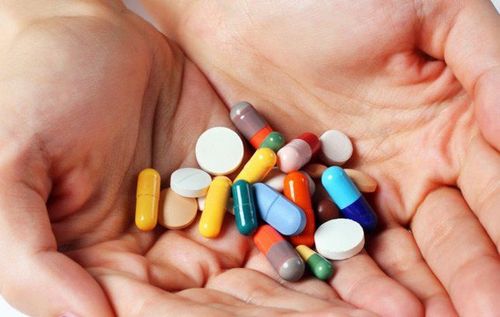
Thuốc kháng sinh không có tác dụng điều trị virus corona Covid-19
14. Is there any medicine to prevent or treat the new corona virus?
To date, there are no specific medications recommended to prevent or treat the new coronavirus (Covid-19).
However, those infected with the virus should receive appropriate care to relieve and treat symptoms, and those who are critically ill should receive optimal supportive care. A number of specific treatments are being studied, and will be tested in clinical trials. WHO is helping accelerate efforts to conduct these studies with a range of trials.
The article is referenced from the source: who.int
SEE MORE:
[Q&A about the 2019 Corona virus epidemic] Part 1: Origin and mode of infection [Q&A about the 2019 Corona virus epidemic] Part 2: How to protect yourself against disease? [Q & A about the 2019 Corona virus epidemic] Part 3: When to get tested? Instructions for taking care of people suspected of being infected with 2019 nCoV at home Q - Answers about the 2019 Corona virus epidemic] Part 4: How is 2019-nCoV spread? Is it possible to get it from animals or pets? [Q&A about the 2019 Corona virus] Part 5: Should you change your travel plans during the epidemic season? Recommended video:
Dealing with nCoV when forced to go to crowded places




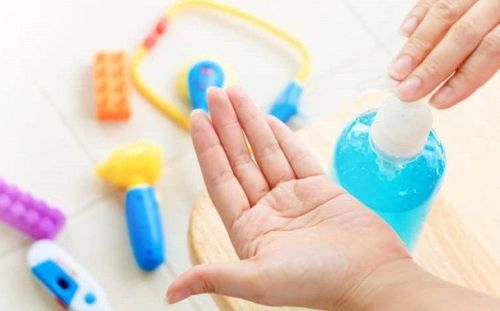
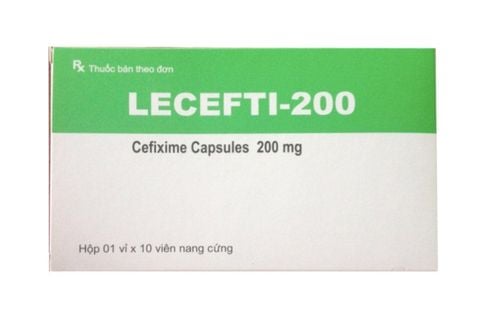
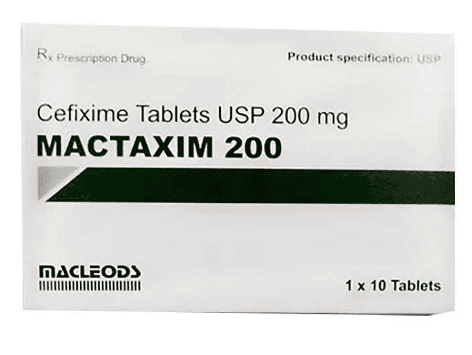
![[Q&A about the 2019 Corona virus epidemic] Part 1: Origin and form of infection](/static/uploads/small_20200202_093219_250594_viber_image_2020_02_max_1800x1800_jpg_7188fffb0e.jpg)
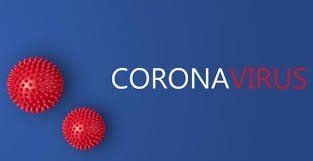
![[Q&A about the 2019 Corona virus epidemic] Part 4: How does 2019-nCoV spread? Is it possible to get it from animals or pets?](/static/uploads/small_20200204_141656_397082_theo_doi_than_nhiet_max_1800x1800_jpg_9276350bb5.jpg)



